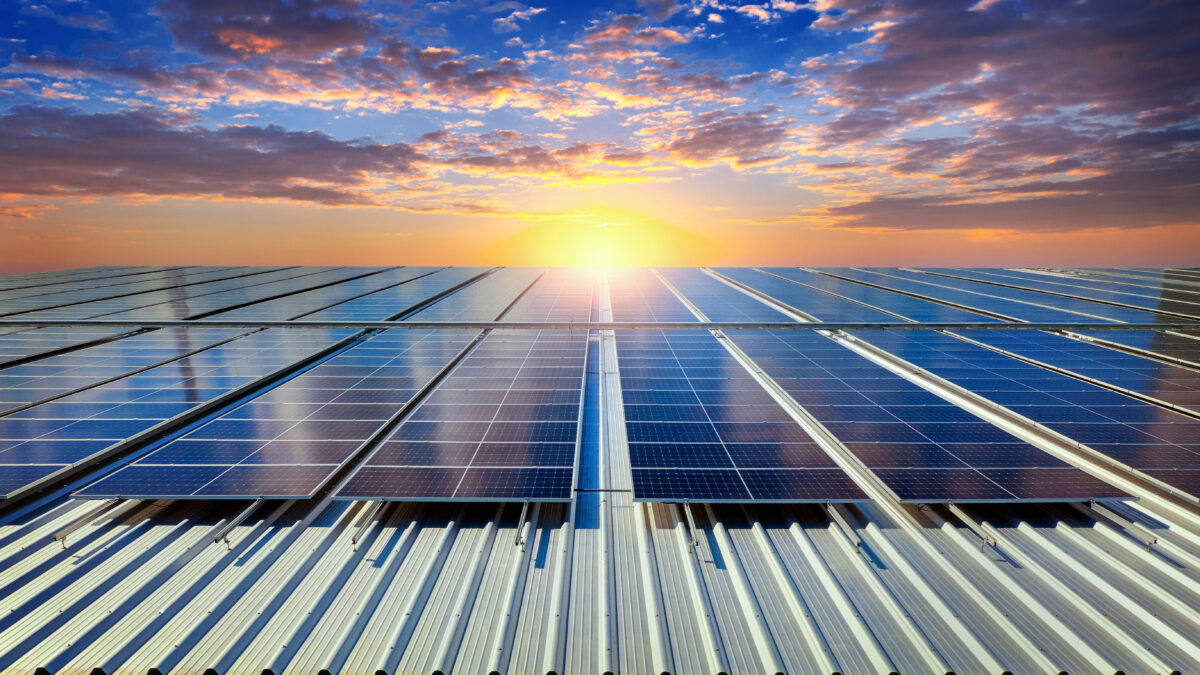Legislation to establish the Energy Security Corporation (ESC) has passed in the New South Wales (NSW) parliament and will be seeded with $1 billion (USD 670 million) for accelerating private clean energy investments, and will not invest in nuclear or carbon capture and storage.
Targeting investments to improve the reliability, security and sustainability of electricity supply, the seed money will come from the Restart NSW Fund.
Introduced to the NSW Parliament by Minister for Emergency Services Jihad Dib, the Energy Security Corporation Bill passed on 21 July 2024.
In a speech to parliament, he said that medium- to long-duration storage and distribution‑connected storage are necessary for the transition but are not attracting enough investment.
“We also know that capital for those sorts of clean energy technologies is available but, for a variety of reasons, those projects are not able to attract the required investment from the private sector,” Dib said.
“Those reasons include policy uncertainty on the timing of coal power station closures, a lack of market price signals for system benefits created by essential system services such as inertia, and construction cost uncertainty.”
He cited the key role of government in supporting or de‑risking clean energy assets and the economic benefit of renewable energy transition by ensuring capital is deployed to receive positive returns.
“It is imperative that we take action now to accelerate investments in clean energy. That will help to ensure that New South Wales consumers benefit from an electricity system that is sustainable, secure and reliable,” Dib said.
“The ESC will help fill the gap and drive investment to ensure that the benefits of the renewable energy transition are enjoyed by all New South Wales consumers. The ESC’s goal is to co-finance and crowd in additional private investment in clean technology projects with funding gaps.”
“This is the Government backing in these projects and saying how much we believe in it. There is a $1 billion seeding.”
The ESC is modelled on similar bodies such as the Clean Energy Finance Corporation (CFC) and will collaborate with those entities to unlock further private and public sector investment into infrastructure.
The ESC can invest both directly in projects and indirectly through other investment vehicles.
In his closing statements from the Bill’s second reading, Mr Dib said the transformation of the state’s energy system is a once-in-a-generation opportunity.
“It is a really special day to be in government. When this announcement was first made when I was shadow Minister, it was a really important point. It was a stake in the ground. This Government is looking after the public interest, looking after communities and making sure we not only provide the energy we need but also work on the road map,” he said.
“I acknowledge the excellent work of the Minister for Energy, Penny Sharpe, her team, and everyone who contributed to the bill. This is what it looks like to make a difference in government. I commend the bill to the House.”
This content is protected by copyright and may not be reused. If you want to cooperate with us and would like to reuse some of our content, please contact: editors@pv-magazine.com.








That “$1 billion (USD 67 million)” should read $1 billion (USD 670 million)
Hi Robert, Thanks for letting us know. Correction has been made.